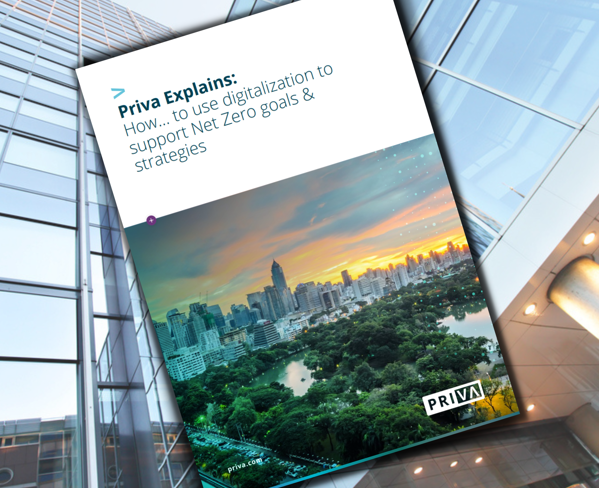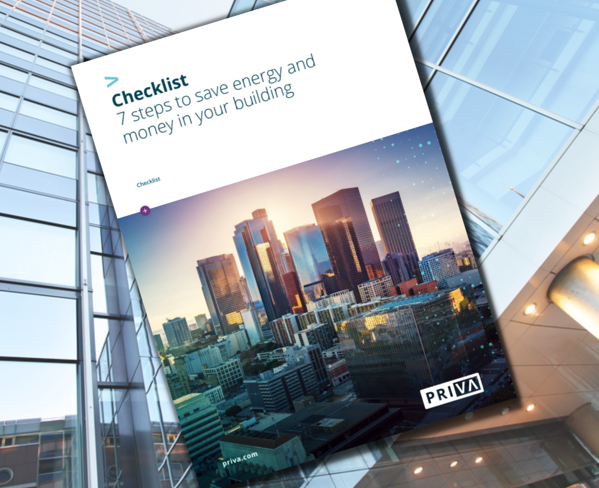Net zero carbon buildings or carbon neutral buildings
When defining net zero and carbon neutral aspirations, it's crucial to understand the specific category of net zero carbon buildings. These structures focus not only on minimizing energy consumption but also on completely offsetting carbon emissions, contributing to a more sustainable future.
What is the difference between carbon neutral and net zero?
While both aim to minimize environmental impact, net zero extends beyond energy consumption to encompass overall greenhouse gas emissions. Carbon neutral, on the other hand, specifically addresses achieving a balance between emitted and sequestered carbon.
All commercial buildings net zero by 2050
Globally, companies and governments are aiming for a net zero economy by 2050. On the path to being energy-neutral, they aim to halve CO2 emissions by 2030. To achieve net zero energy, the requirements for the energy usage of our existing and new buildings are gradually becoming stricter throughout Europe.
An example of this is the Netherlands. From 2023, offices must have an energy label C. Other commercial buildings, as well as hospitals, hotels, schools, and residences, are already required to have an energy label when sold, rented, or delivered. Currently, there are no requirements for the level of this label, but it is only a matter of time before rules are established. Government buildings, municipal real estate, and other buildings with a public function larger than 250 m2 set an example in the energy transition and are obliged to display the energy label visibly.


























